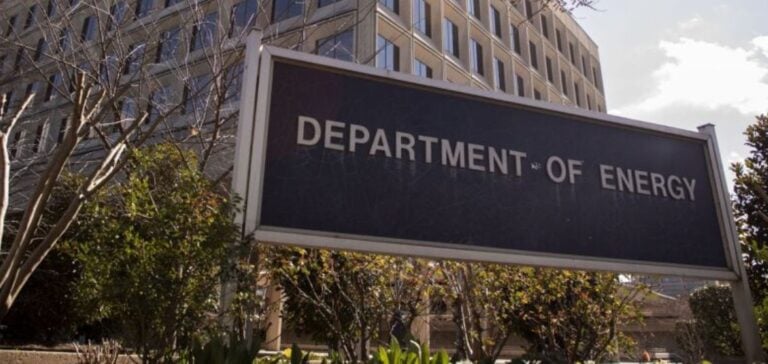The U.S. Department of Energy (DOE) has launched a major initiative to propel the transition to clean energy by allocating $4 billion in tax credits through the Qualifying Advanced Energy Project Tax Credit, also known as the 48C program. The initiative, announced on March 29, aims to invest in over 100 clean energy projects in former coal-mining communities, helping to revitalize these regions while supporting the clean energy supply chain and reducing associated costs.
Commitment to historic energy communities
The program, with a total budget of $10 billion and funded by the Inflation Reduction Act, is a significant step towards the President’s commitment to the communities that have historically fueled the nation. Energy Secretary Jennifer Granholm stressed the importance of these investments, saying they would ensure that these communities benefit economically from the energy transition and continue to play a leading role in the development of tomorrow’s energy sources.
Ballard Power Systems and NOVONIX on the front line
Among the beneficiaries of these tax credits, Ballard Power Systems announced on April 1 that it had received $54 million. The company plans to use these funds to support the construction of its future fuel cell gigafactory in Texas, a project which, according to CEO Randy MacEwen, places Ballard at the heart of the megatrends of decarbonization, energy security and technological change. The first phase of the Rockwall Giga 1 project will include a $110 million investment by Ballard to build a new manufacturing facility.
Investments in critical battery materials
NOVONIX, a company specializing in battery materials and technologies, also benefited from this initiative, receiving $103 million in tax credits to support the production of critical battery materials at its Tennessee plant. With the goal of producing 40,000 metric tons of synthetic graphite by 2025, NOVONIX plays a key role in the supply of essential materials for batteries.
MP Materials: Pioneer in rare-earth magnets
MP Materials has received $58.5 million in funding from the 48C program to build its future rare-earth magnet manufacturing facility in Texas. The facility will produce neodymium-iron-boron magnets for General Motors, indispensable components in many modern technologies, from consumer electronics to critical defense systems. With global demand for these magnets expected to triple by 2035, DOE’s investment in MP Materials underlines the strategic importance of these materials.
Financing categories and long-term objectives
Funding allocations fall into several categories, with $2.7 billion earmarked for clean energy manufacturing and recycling, $800 million for the recycling, processing and refining of critical materials, and $500 million for industrial decarbonization. These investments aim to catalyze the U.S. transition to a clean, secure, affordable and resilient energy system, while creating quality jobs across the country.
DOE plans to announce a second round of funding in the coming months, reinforcing its commitment to supporting the energy transition and meeting the nation’s growing energy needs in a sustainable and responsible way.






















